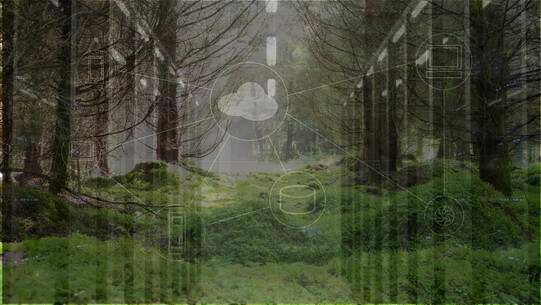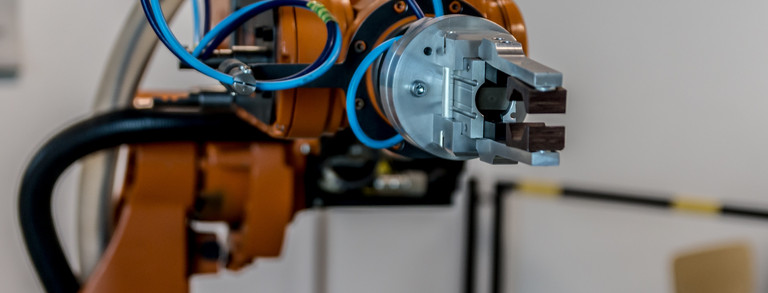Business Ecosystems

The ecosystem is an inter-organizational concept that complements markets and hierarchies. The concept was introduced into management research by James F. Moore in 1993. Since then it has played an important role in strategic management and business informatics. Ecosystems have been adapted from ecology and introduce a variety of behaviors and mechanisms that come from systems theory. Significant here are the coevolution and the cooperation competition (coopetition).
Basically, an ecosystem is a set of actors who produce complementary goods, which the customer combines into product systems. It is important that the actors are neither part of an economic unit nor that there is direct coordination of production between them. The term platform is often associated with ecosystems, and the roots of business ecosystems indeed go back to the emergence of the automotive industry at the beginning of the 20th century, with the automobile being the central platform for additional goods, services and business relationships. Another example is the iOS and Android ecosystems. Here the operating systems or mobile phones serve as a platform for the developers who fill the software marketplaces and increase the value for the end user.
Research at the IIM deals with ecosystems in three priority areas:
- Conceptualization of business ecosystems, especially with the analysis of properties, structures and characteristics. A particular research interest lies in the role of data, information and knowledge in ecosystems.
- The interaction of resources and capabilities and the impact on the behavior of ecosystem participants and the entire ecosystem. The effects on ecosystem health, innovation and agility are particularly interesting.
- The design, management and strategies of platforms for various applications. This includes, for example, the design of IIoT platforms for digital twins. This branch of research is closely linked to the platform's business model.
The chair is involved in the Silicon Economy Logistics Ecosystem (SELE) project and works on basic research approaches for a logistic ecosystem with open platforms and open source basic technologies for the automation and digitization of the flow of goods in the business locations of Germany and Europe.

